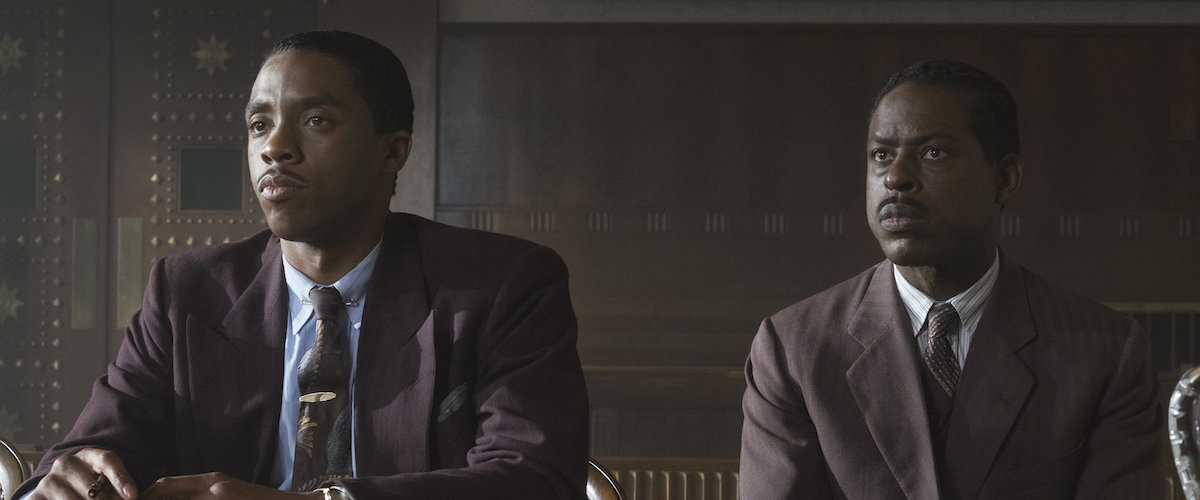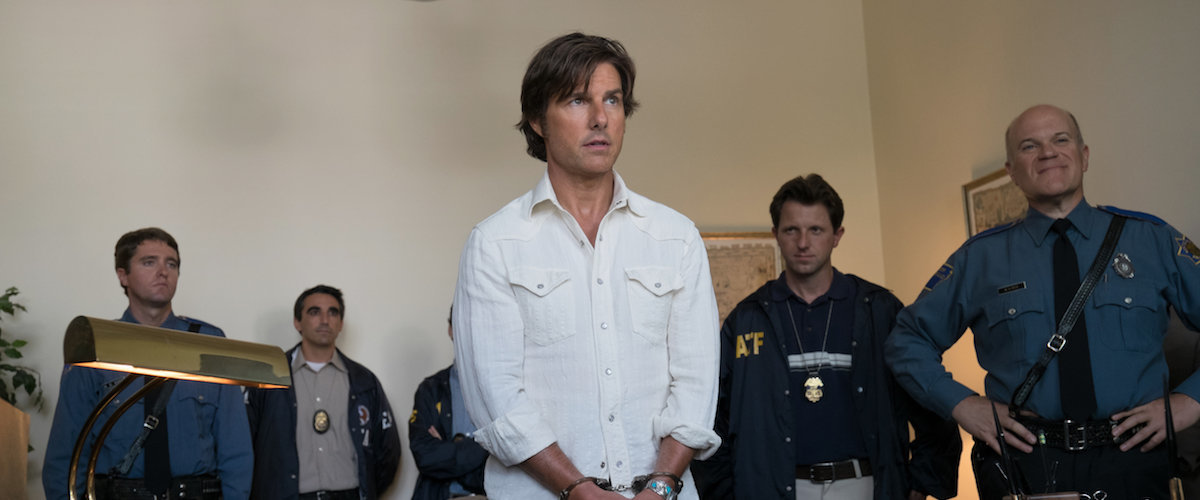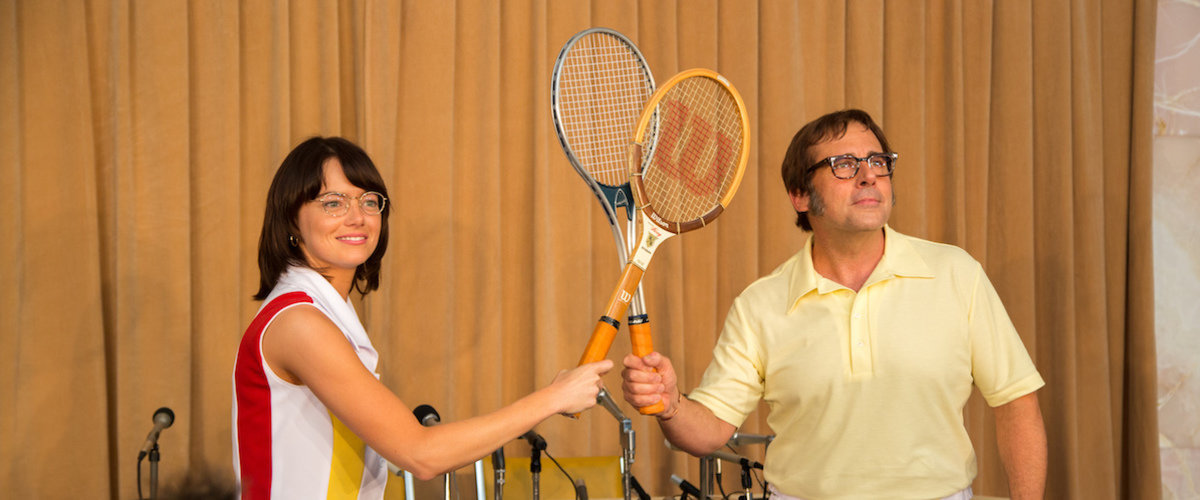Directed by: Paul Bogart
Starring: George Burns, Ted Wass, Roxanne Hart, Ron Silver, Eugene Roche, Robert Desiderio
Who would think the third film in the Oh God! series, which began with the bright and charming 1977 original, would be so slyly entertaining and poignant? George Burns does double duty here as both God and the Devil and the results are effective. We see more of the devil than God, but we know God is lurking off screen just waiting for his chance for a showdown with his evil counterpart.
Oh, God! (1977) was a practical, clever story of God materializing in the form of an elderly man to a non-believing grocery store manager. It had wit, it poked fun at religion, dared to make God one who could kid himself, and wasn't blasphemous. Oh God, Book II (1980) was a retread of the same idea, only with God befriending a seven year old girl and lamenting a world he feels has forgotten him. It was cute and slight. Not terrible, but nothing special either.
Oh God! You Devil dares to stretch the conventions of the franchise instead of telling the same story a third time. The plot centers around struggling musician Bobby Shelton (Wass), who is so frustrated with his lack of success he offhandedly says he would sell his soul to the devil to make it in music. The devil shows up in the form of a showbiz agent named Harry O. Tophet (yes, that spells HOT), who promises riches and success to Bobby beyond his wildest dreams if he just signs a seven-year contract. The catch is, which Bobby was not aware of when he signed the contract: Bobby must leave his loving wife (Hart) behind and live his life as rock superstar Billy Wayne. Bobby does, but unbeknownst to him, another man takes his place as Bobby and he, as Billy, is forced to remember his old life as the hapless, but happily married musician.
Why does Bobby still remember his old life and yearn for it, even as he makes money hand over fist as Billy and lives the life of a glamorous rock star? This is explained in the film's prologue in which Bobby's loving father asks God to watch over him during a childhood bout with illness. This is enough of a loophole to allow God to come back to Earth to lay claim to Bobby's soul.
Burns is mostly seen as the devil and has sly, edgy fun. He isn't overtly evil, but relies on promises and a sneaky charm to lure in potential clients. He is in the soul-taking business and business is booming. When God appears, he is not entirely the charming old man we came to love in the first two films. He has a bit of an edge to him, mostly because dealing with the devil brings out the worst in him. And he can't believe Bobby put himself in this predicament.
Because Bobby is basically a good guy, we like him and we care about him. We feel his remorse for throwing over his old life for an empty new one, one which doesn't include his wife. There is a touching scene in which Bobby (as Billy) goes to his favorite restaurant to find the fake Bobby and his wife celebrating their wedding anniversary. The story is not afraid to carry a little emotional weight instead of simply playing it safe with the Burns dual-role gimmick.
Oh God! You Devil carries more gravitas than you would expect from a third film in the series, with some of the satire which still resonates from the first two films.




